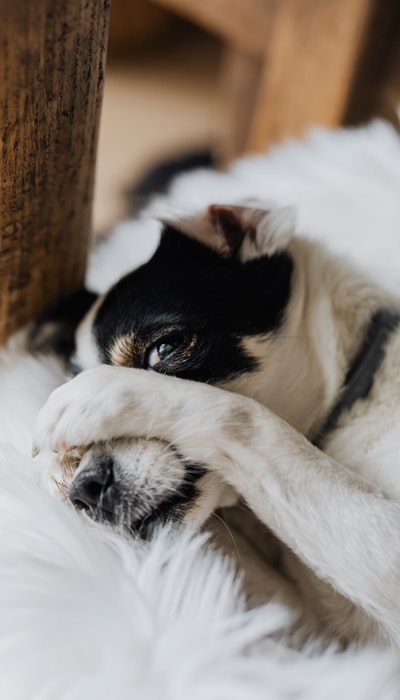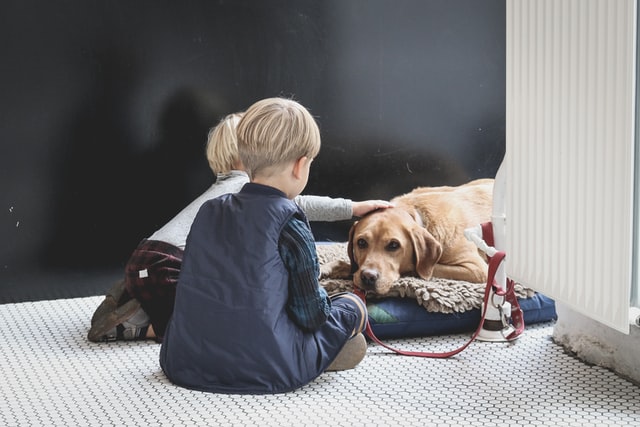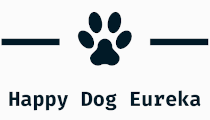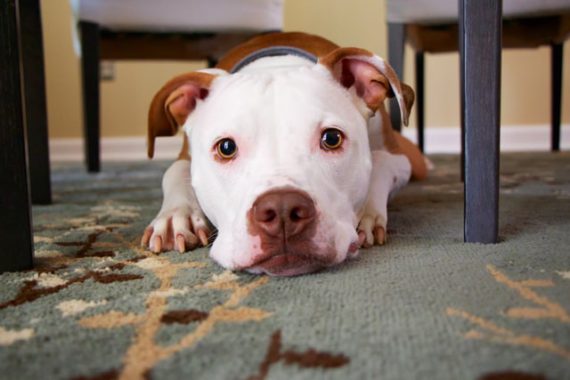Your dog doesn’t like to go to strangers! This is something that really hurts you, because your dog doesn’t really seem to like contacts! Shouldn’t he like petting like any “good dog”? Is there a problem with him? And above all, how can we help him to love strangers?
The sociable animal dog
The sociable nature of the good family dog is often highlighted when talking about a balanced dog. It is said that an animal is sociable when it can organize itself socially with several individuals. In addition, the dog must be able to:
- organize in a group of individuals in a sustainable way
- that he can communicate without any problems
- and that it can also collaborate with individuals without seeking conflict
It is therefore often natural to think and wait for the family dog to be sociable with everyone. It’s more complicated than that!

Ideas
The dog is not a caressing dispensary. Yes, he has the right to be introverted, or not to like to receive caresses or solicitations from other humans. In fact, he doesn’t even have to love making contact with his master.
Every dog is different, but it is true that most dogs do not really like petting. They find his contacts very intrusive! On the other hand, dogs are very tolerant and this is also what makes them accept contact with close people.
No wonder then, that many dogs do not like to make contact with strangers. And at the same time, would you like strangers to take you in their arms?
Now, your dog’s behavior towards strangers will vary depending on many things. Here are some clues related to his behavior:
- behaviour varies depending on the individual himself. That is, he takes into account his experience but also his genetics
- environment in which it is at the moment T
- of his emotional state
- and if he is healthy.
Behaviour can therefore be innate, acquired, conscious, unconscious, automatic, voluntary or involuntary.
Learning and genetics
As you will have understood, a dog does not have to love humans naturally. Everything has to be done with learning, but also with genetics.
For example, the dog must be socialised as soon as possible (from its first weeks of life) to associate the human being with something positive and non-dangerous. It is the duty of the spaner and the masters to continue this learning to avoid having a so-called aggressive reactive dog in the future.
Learning also involves protecting the dog as soon as it is puppyed if it is not confident in the human being. For example, you should not force a dog that doesn’t want to say hello, or doesn’t want to caress. This is the best way to get a dog that will be suspicious of humans afterwards, and worse that could be afraid and assault if it feels cornered! Nor should it be put into total immersion in a group of humans, as can sometimes be proposed by canine educators or clubs, because the consequences will be the same as before.
Poor learning can be done in spite of us, as a result of a trauma experienced by the dog. A human who would have frightened him or hurt him. The dog will associate anyone with someone who is potentially dangerous. That’s why it’s important to have controlled and always positive meetings.
Non-existent or inappropriate learning can lead to this type of behaviour. Dogs coming out of pet store are often in this case. Indeed, the first months of their lives will not have been stimulated enough for him to manage pleasantly the coming of strangers. You can also find the same kind of behavior, in dogs coming out of French laboratory.
But genetics can also guide certain behaviors, such as hunting instinct, but also defense or distrust of strangers. Some dog breeds, such as border collies or Czech wolf dogs and patous, can be very suspicious of strangers, or people outside their close family circle. It is sort of partly in their genetic code. It may even be that puppy, he seems to accept strangers, only to end up really wary of it growing up.
How to help your dog
The first thing to help your dog is to never force contact with humans. It’s a top priority if you don’t want the dog feeling cornered to end up biting.

The second thing will be to positive contact. For this, the dog must gain confidence in himself in the face of the unknown. You can go through different exercises like:
- Ask strangers to throw very appetizing treats at your dog
- outsiders or strangers can simply ignore the dog and go for a walk with you
- at home, we can offer our guests to give treats or toss a toy to the dog to relax him
- we can also ask people to walk the dog in our place
To do so, you may need the help of a professional canine educator-behaviouralist. In any case, the work will be done gradually. You can also give a supplement of Bach flowers to help your dog.
The final word
If it is a behavioral problem that prevents him from living or walking quietly, then it is essential to get help from a professional respectful of the dog.
You also have to observe your dog to see if this inability to accept strangers, causes him to be assaulted.
Finally, rest assured. If your dog just doesn’t like going to strangers it’s not inevitable, it’s his personality that may be so. As long as it is not a phobia, you can then respect your dog’s choice.

